What is Reiki?
“Reiki” (ray-key) is Japanese for ‘universal life energy’, a term used to describe a natural system to help bring about an improved sense of wellbeing.
This tradition was founded by Dr Mikao Usui in the early 20th century and evolved as a result of his research, experience and dedication. It is a tradition that is open to any belief system and benefits may include deep relaxation and the promotion of a calm peaceful sense of wellbeing. Reiki is a completely natural complementary therapy and works to deeply relax your mind and your body, helping to bring peace and calm.
The method of receiving a Reiki treatment from a practitioner is simple. The recipient remains clothed and comfortably lies on a couch or sits on a chair. The practitioner gently places their hands non-intrusively, on or near the body using their intuition and training as a guide. There is no massage or manipulation. Reiki can be used on the person as a whole, or on specific parts of the body. It is also possible to receive Reiki at a distance.
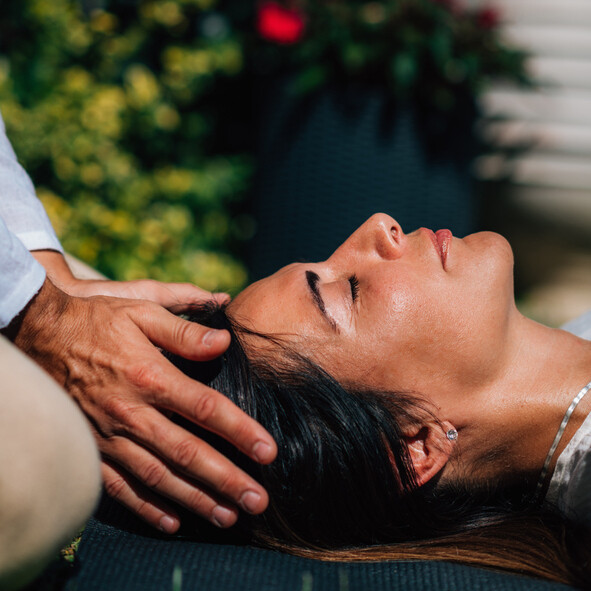
Reiki Master/Teachers
Reiki is taught by Reiki Master/Teachers, who have trained in the tradition passed on, in person, from Master to student. Students go through a process of initiation/attunement to the Reiki energy. I am registered with the UK Reiki Federation, who set the standards for Reiki in the UK.
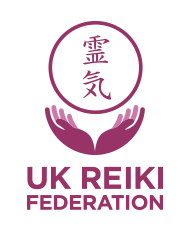
What does Reiki do?
- Reiki can help us cope by encouraging relaxation and bringing balance to both mind and emotions.
- Reiki can create a greater inner harmony, regular Reiki treatments promote a calmer response to life’s challenges.
- Reiki’s gentle energy is easily adapted and may be used safely by people of all ages.
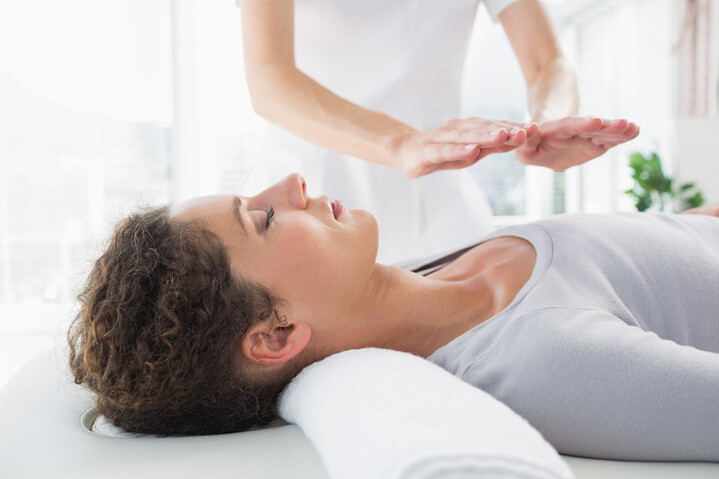
How does Reiki feel?
Each individual's experience of reiki is different from each other. However, many clients report that they feel calm, comfortable, relaxed. Distance Reiki is possible to receive Reiki at a distance if the recipient wishes to receive Reiki from the comfort of their own home. To help ensure a recipient is completely at ease, time is taken to both explain and demonstrate what can be expected during a session, and to fully discuss Reiki Aftercare Advice after the session.
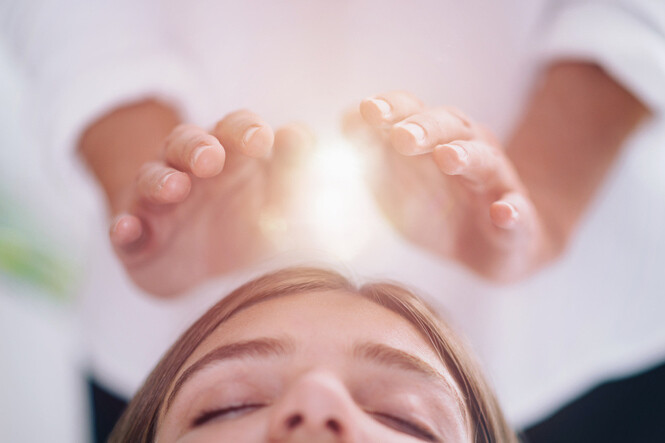
Choosing a Practitioner
It is important to choose a qualified practitioner who has undertaken all the necessary training to understand the theory and practice of Reiki. You can check whether a Reiki practitioner is registered with the Complementary & Natural Healthcare Council (CNHC) and the Reiki Federation by searching the register at www.cnhc.org.uk. www.reikifed.co.uk. By choosing Reiki practitioners registered with the CNHC and Reiki Federation you can be confident that they are properly trained.
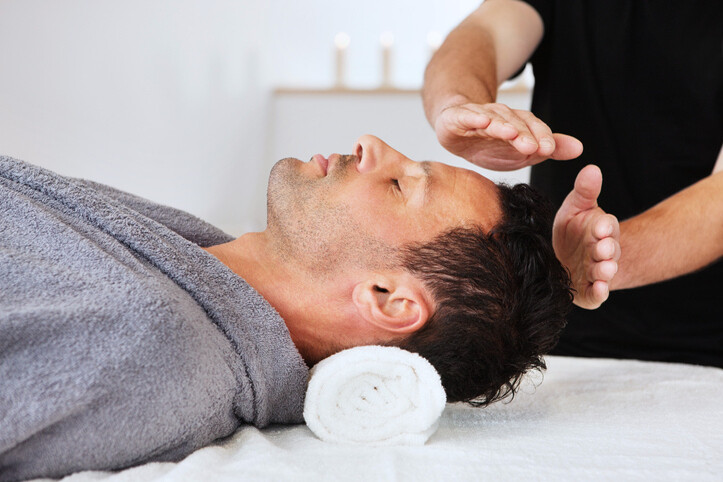
Reiki Medic-Care
An organisation called Reiki Medic-Care currently offer free Distant Reiki sessions to NHS staff as part of a UK-based project gathering evidence as to the efficacy of Distant Reiki. See wwww.reikimedic-care.org
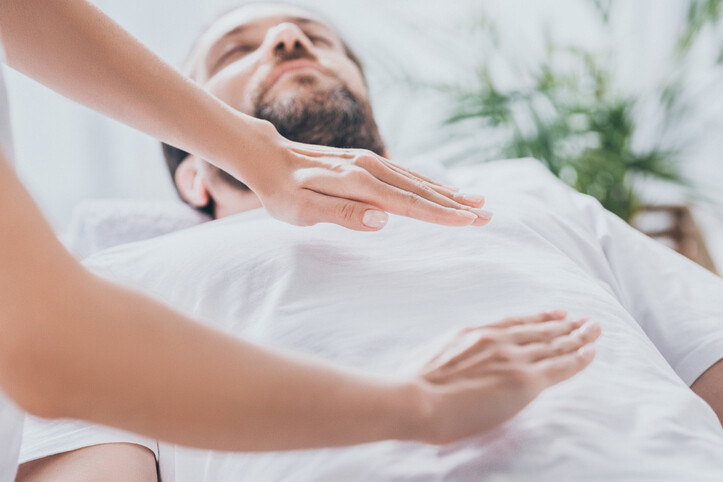
What doesn't Reiki do?
Reiki is not a therapy used to diagnose illness. It is not a medical treatment and does not cure. Although Reiki is often used alongside conventional care in hospices, hospitals and other healthcare settings, it should never be used in place of seeking professional medical advice. If you have any concerns about your health, please always consult your doctor in the first instance.



